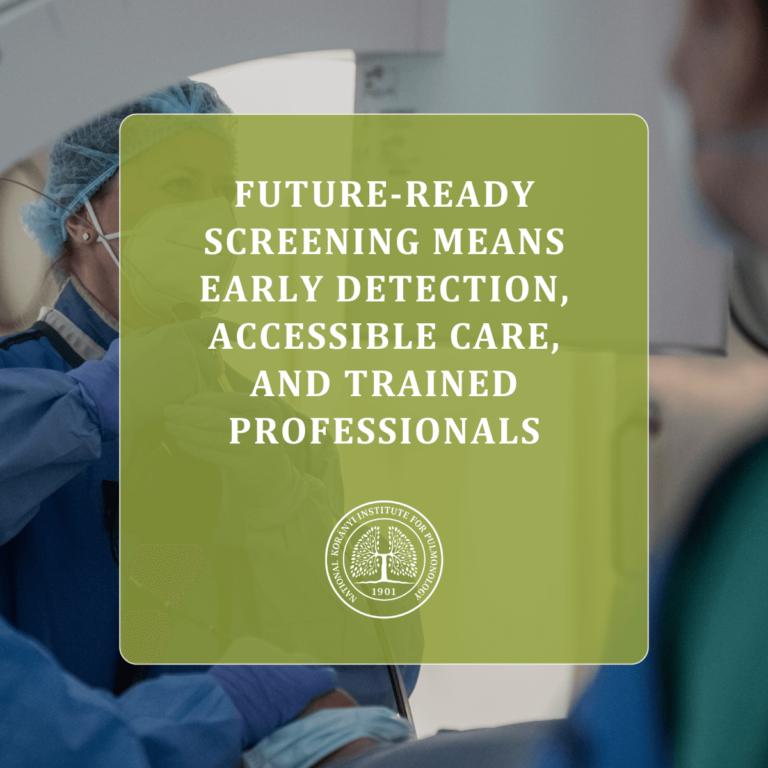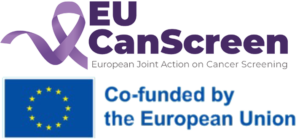Modern prevention in action – Hungary’s expanding role in lung cancer screening
Hungary continues to strenghen its effort on lung cancer prevention with the progressive expansion of its low-dose computed tomography (LDCT) screening programme.

Lung Cancer Screening
Building on the success of earlier pilot studies, the country is now testing population-level solutions with a focus on equal access, professional training, and evidence-based public health innovation.
LDCT Screening
The multi-stage HUNCHEST programme — initiated by the National Korányi Institute for Pulmonology, Hungary’s national methodological centre for LDCT screening — has reached a new phase in 2024. After enrolling over 8,000 participants in earlier rounds, the HUNCHEST III study is now piloting population-based invitations for high-risk individuals aged 55–75 in 11 municipalities near Budapest. The goal is to model the effectiveness of organised, proactive outreach.
SOLACE Project
Meanwhile, Hungary is also participating in the SOLACE project, which tests inclusive screening models in three priority populations. These are: socially disadvantaged communities, people with co-morbid conditions like COPD, and other hard-to-reach groups, including ethnic minorities and residents in remote areas. In all, more than 5,000 individuals will receive free LDCT scans. This project stands out due to the strong combination of primary and secondary prevention (providing supporting capacity and support to all phases of primary prevention).
Course
At the same time, Hungary plays a key role in developing future workforce capacity across Europe. With EUCanScreen support, the Korányi Institute has launched a regional LDCT training centre, where radiologists and healthcare professionals receive both online and hands-on training. The three-day practical course, held at digital workstations using real CT images, is being implemented in Hungary, Italy, and Lithuania, laying the groundwork for a new generation of screening experts.
National Strategy
These efforts reflect a clear national strategy: to reduce lung cancer mortality through early detection, targeted training, and modern, equitable screening models.
#EuCanScreen #CancerScreening #HealthCare #CancerPrevention #LungCancer #SolaceProject #HaDEA #Pulmonology #NKIP #LDCTScreening
🔗 Please don’t forget to Subscribe to EuCanScreen Newsletter! 💪
Subscribe to our newsletter to get news and updates.
Subscribe to our newsletter to get news and updates.

The general objective of EUCanScreen is to assure sustainable implementation of high-quality screening for breast, cervical and colorectal cancers, as well as implementation of the recently recommended screening programs – for lung, prostate and gastric cancers. EUCanScreen will facilitate the reduction of cancer burden and achieving equity across the EU.
This project has received funding from the European Union’s EU4HEALTH Programme under the Grant Agreement no 101162959










